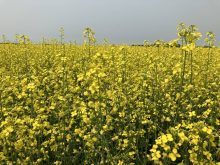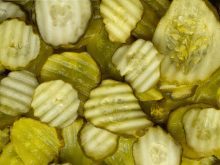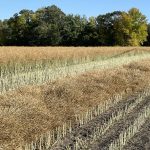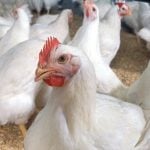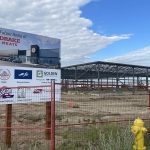Middleman responsible for high food prices
Kevin Hursh in his March 2 article seems to feel that the reason for food inflation is a lack of consumer shopping ability.
One bushel of wheat will make approximately 42 one-and-a-half pound loaves of bread. The retailer is charging roughly $3.50 for that loaf of bread, or $147 for that same bushel of wheat.
Hursh does admit that price fixing was discovered several years ago, but only small fines were levied. Perhaps the problem is that the fines were not large enough to deter it from happening again.
Read Also
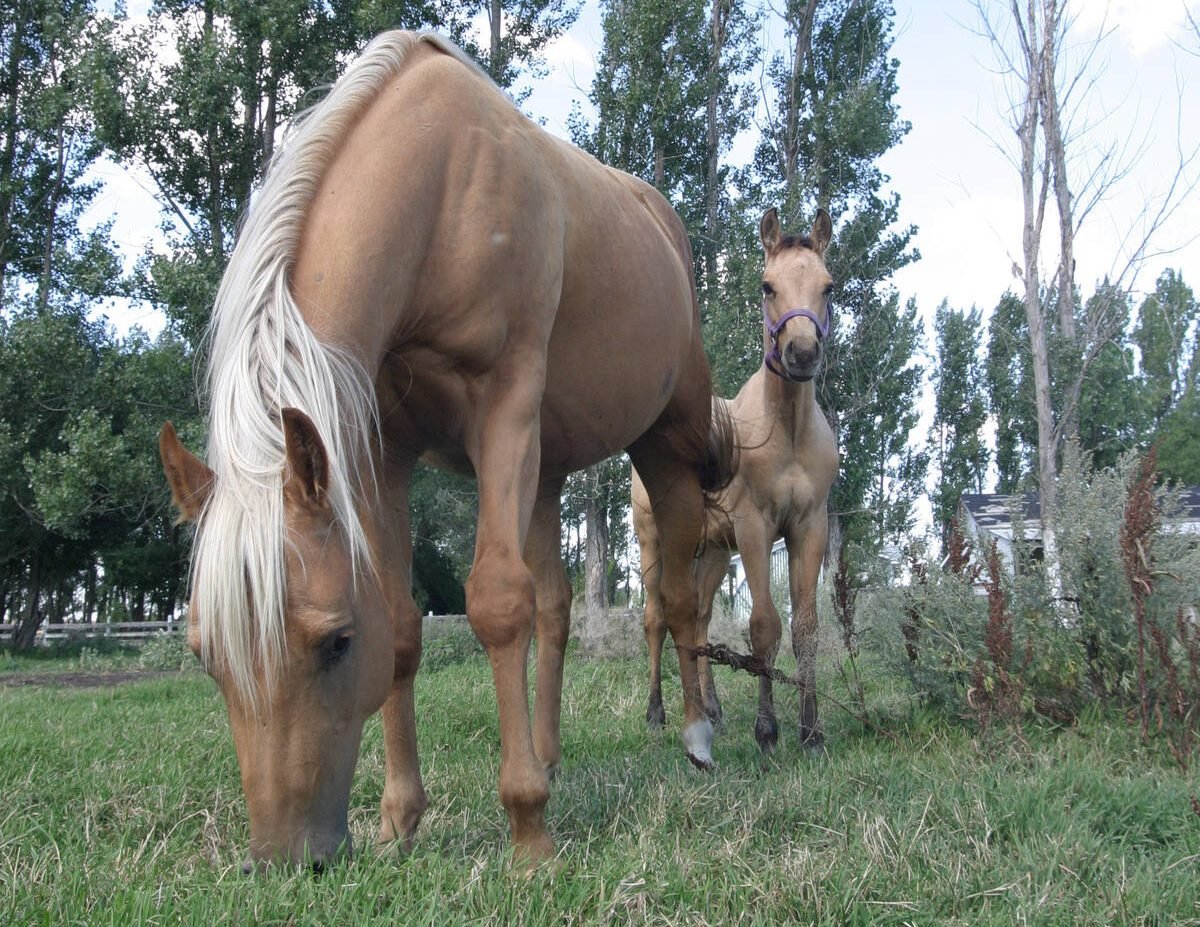
Growth plates are instrumental in shaping a horse’s life
Young horse training plans and workloads must match their skeletal development. Failing to plan around growth plates can create lifelong physical problems.
Hursh wants to blame the victims for rising food costs and not the middleman for taking excessive profits. Farmers and consumers are at the mercy of large conglomerates.
Dean Flach,
Opal,Alta.
Big farmland investors want feudalism return
I found your Feb. 2 article “Don’t farm, just own” on page 52 shocking in its candour. It’s rare to read such a naked display of self-interest by the financial class at the expense of farmers.
It’s not news that “the best risk adjusted return (on farmland) comes from owning the land, not operating it.” Any farmer can tell you this by simply comparing what they’ve earned from farming with how much the market value of their land has gone up. What’s missing from the article is a farmer’s perspective on what that actually means. So I would like to supply one.
The conclusion to be drawn from this sad state of affairs is not “don’t farm, just own.” It is that owners are making a living at the expense of farmers. When “investment managers (share) their views on the best path forward for prairie landowners,” it should be understood that they are not talking about the best path forward for farmers.
Veripath, the investment fund cited in the article, is advocating for feudalism where they get to be lords: they want farmers to take all the risks of growing food and to pay them rent for the privilege. They are quite explicit about this: “The key, says Johnston (Veripath), lies in mitigating risk; letting someone else buy the inputs, grow the crops and sell the grain.”
This is a complete disavowal of social responsibility. The social value of financial institutions — the reason we permit them to exist — is to invest in our farms and businesses. If an investment fund isn’t willing to risk investing the business of farming, it has no business being involved with farmland. One has to wonder: who is the “someone else” who will be able to buy the inputs and grow the crops without someone willing to take the risk of backing them financially? The outcome of what Veripath is doing is not just that owning farmland would be separate from farming, but that farming would cease entirely. Do they think we can eat money?
If we permit companies like Veripath to continue operating unchecked, they will succeed in making themselves lords, and the few farmers left will be their vassals. If that is not the future we want, we have to get organized and we have to rein them in, whether that is through regulation, taxation or pure social pressure.
At the moment, no organization exists to do that specifically, but the National Farmers Union has advocated for family farmers for over half a century, and the farmland committee, of which I am a member, is specifically focused on addressing the financialization of farmland that is exemplified by Veripath’s behaviour. We cannot win this fight alone.
That is why the NFU has resolved to call on all levels of government to ensure more transparency regarding land ownership by making data available to the public at no cost and by monitoring farmland ownership and reporting changes annually. It matters who owns our farmland. Knowing who actually owns it is the first step to making sure it stays in the hands of our farmers.
Devon Cooke,
The Hands That Feed Us
Vancouver





